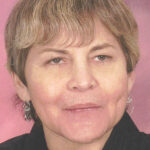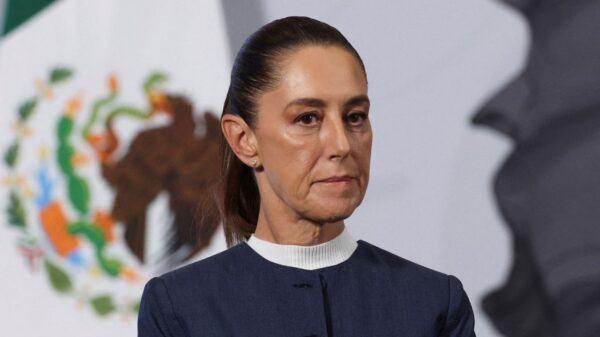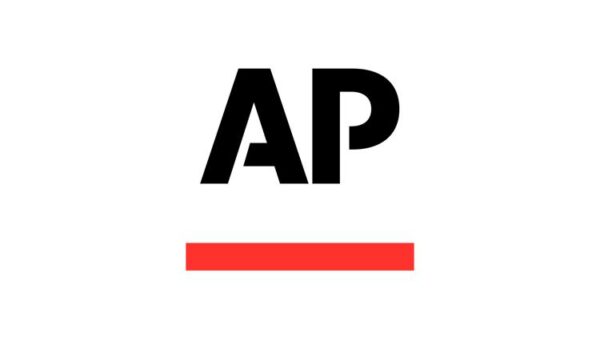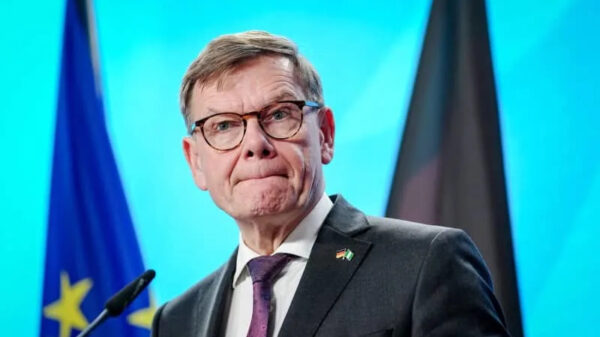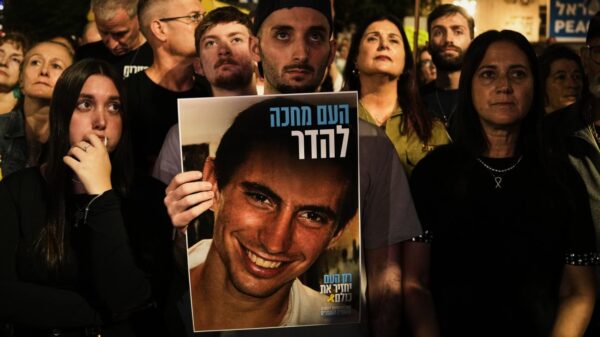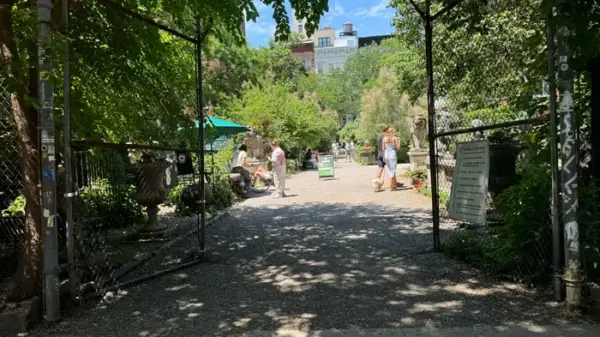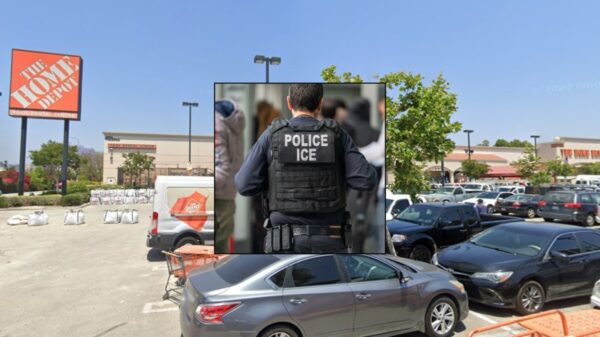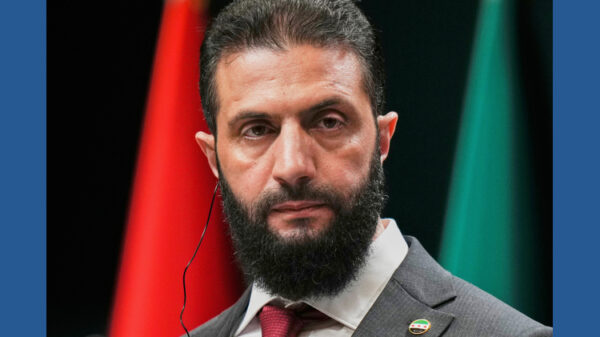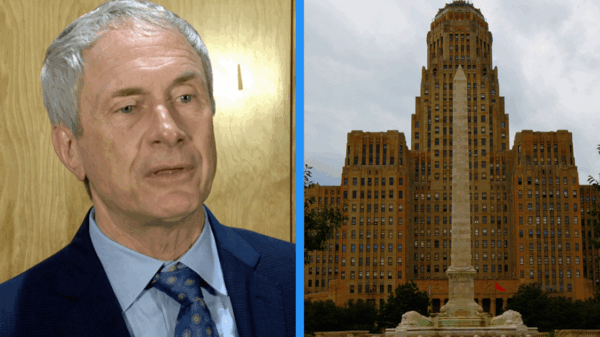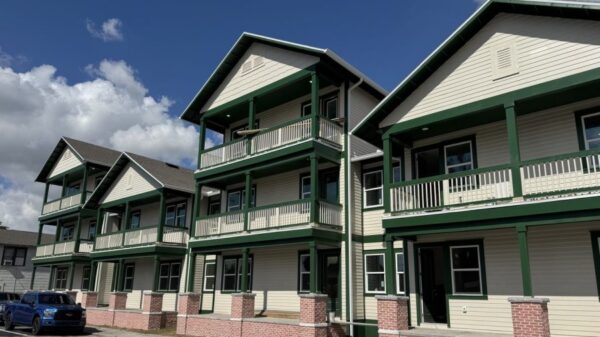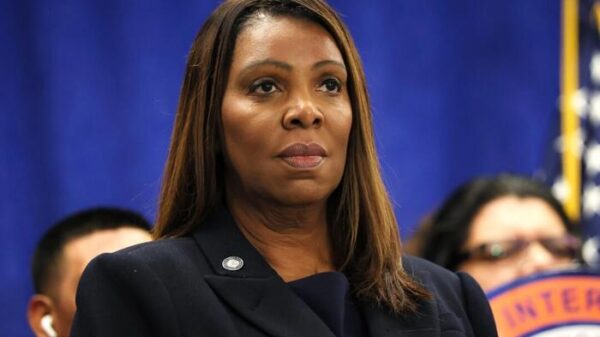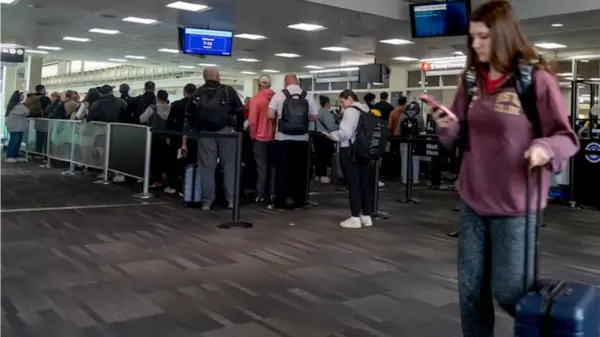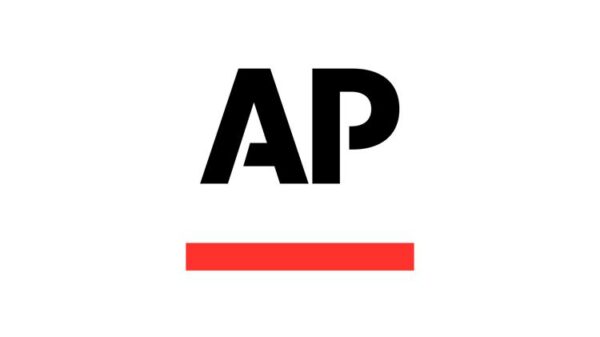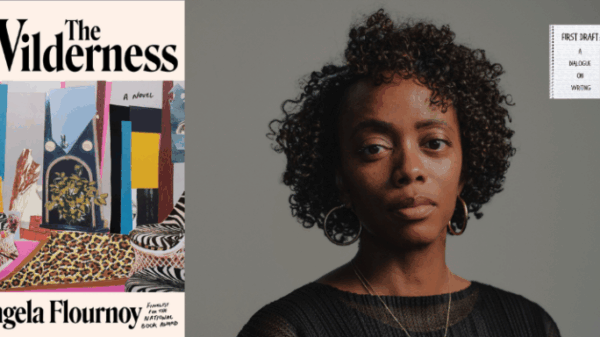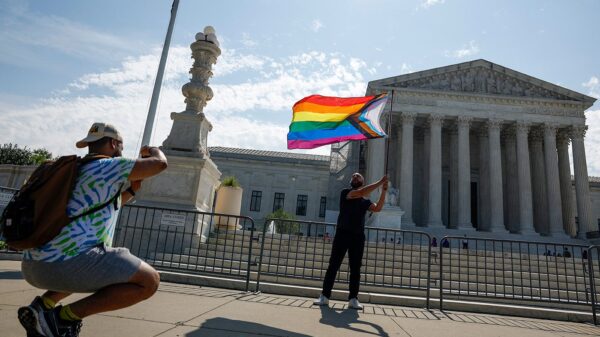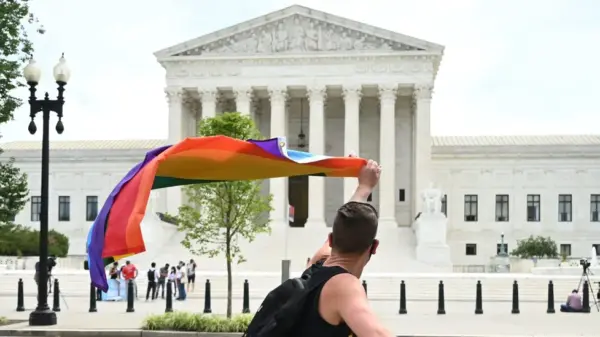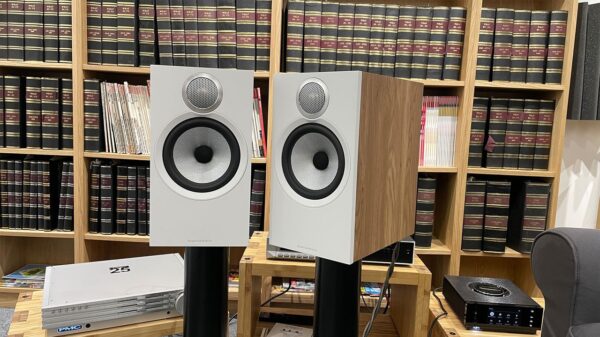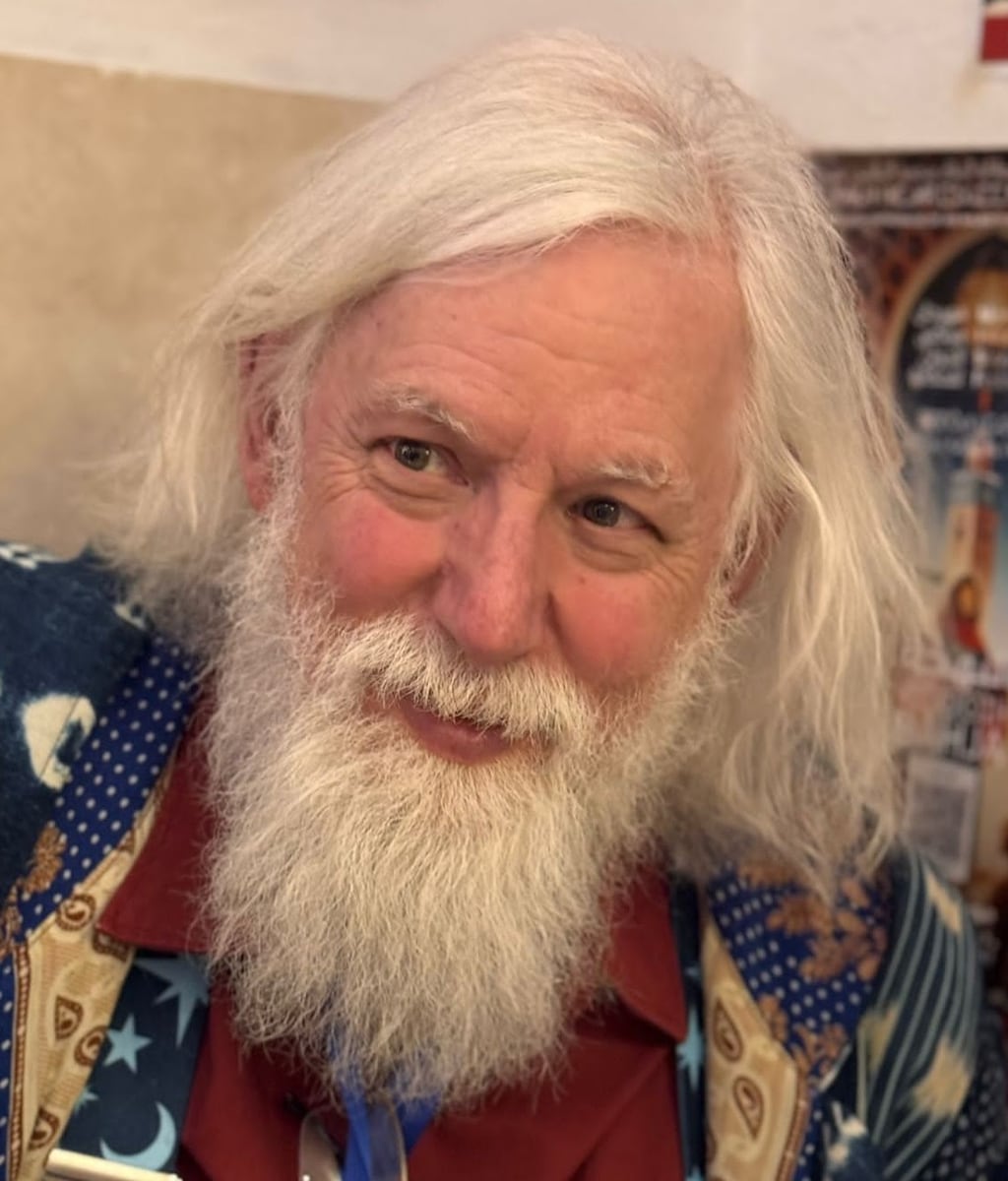In Central New York, discussions surrounding the Jewish concept of forgiveness are being explored through a series of features coordinated by The Post-Standard, Syracuse.com, and InterFaith Works of CNY. This initiative delves into the complexities of forgiveness within Jewish tradition, particularly the interpersonal aspects that many find challenging.
The journey to forgiveness involves navigating three critical “gates” before divine forgiveness can be attained. The first gate requires individuals to sincerely apologize to those they have wronged. Acknowledging the harm caused and actively seeking forgiveness is paramount. If the injured party is not willing to forgive, the individual must make an effort to seek forgiveness up to three times. This process emphasizes accountability and sincere remorse.
Repairing the damage inflicted is the second gate. This may involve direct actions, such as fixing a damaged property or caring for someone who has suffered as a result of one’s actions. For example, if one were to break another person’s door, a direct repair would be necessary. However, the challenge becomes more complex when addressing intangible harms, such as a tarnished reputation. Individuals must consider how to mend the trust and respect lost through their actions.
The final gate requires individuals to face the opportunity to repeat the injury but consciously choose to refrain from doing so. This act of restraint demonstrates sincerity in the desire for forgiveness and is viewed as a critical step in the process. Once these gates are successfully navigated, it is believed that God will recognize the individual’s efforts and extend forgiveness.
Jim Brulé, a Maggid and Jewish spiritual storyteller, plays a significant role in these discussions. He travels globally, sharing narratives that promote healing and spiritual growth. His diverse experiences also include serving as a Death Doula and a volunteer chaplain at Upstate University Hospital. Through his storytelling, Brulé aims to illuminate the transformative power of forgiveness and the importance of interpersonal relationships.
This exploration of forgiveness not only reflects Jewish teachings but also serves as a broader commentary on human interactions. The initiative encourages participants to reflect on their own experiences with forgiveness and the steps necessary to achieve reconciliation. By fostering dialogue around these themes, the program seeks to enhance understanding and promote healing within the community.
The series will continue to be published on Sundays, Tuesdays, and Thursdays, inviting readers to engage with the complexities of forgiveness and its implications in their lives. Through this lens, the community is encouraged to reflect on how they can embody these principles of forgiveness in their daily interactions, ultimately contributing to a more compassionate society.

